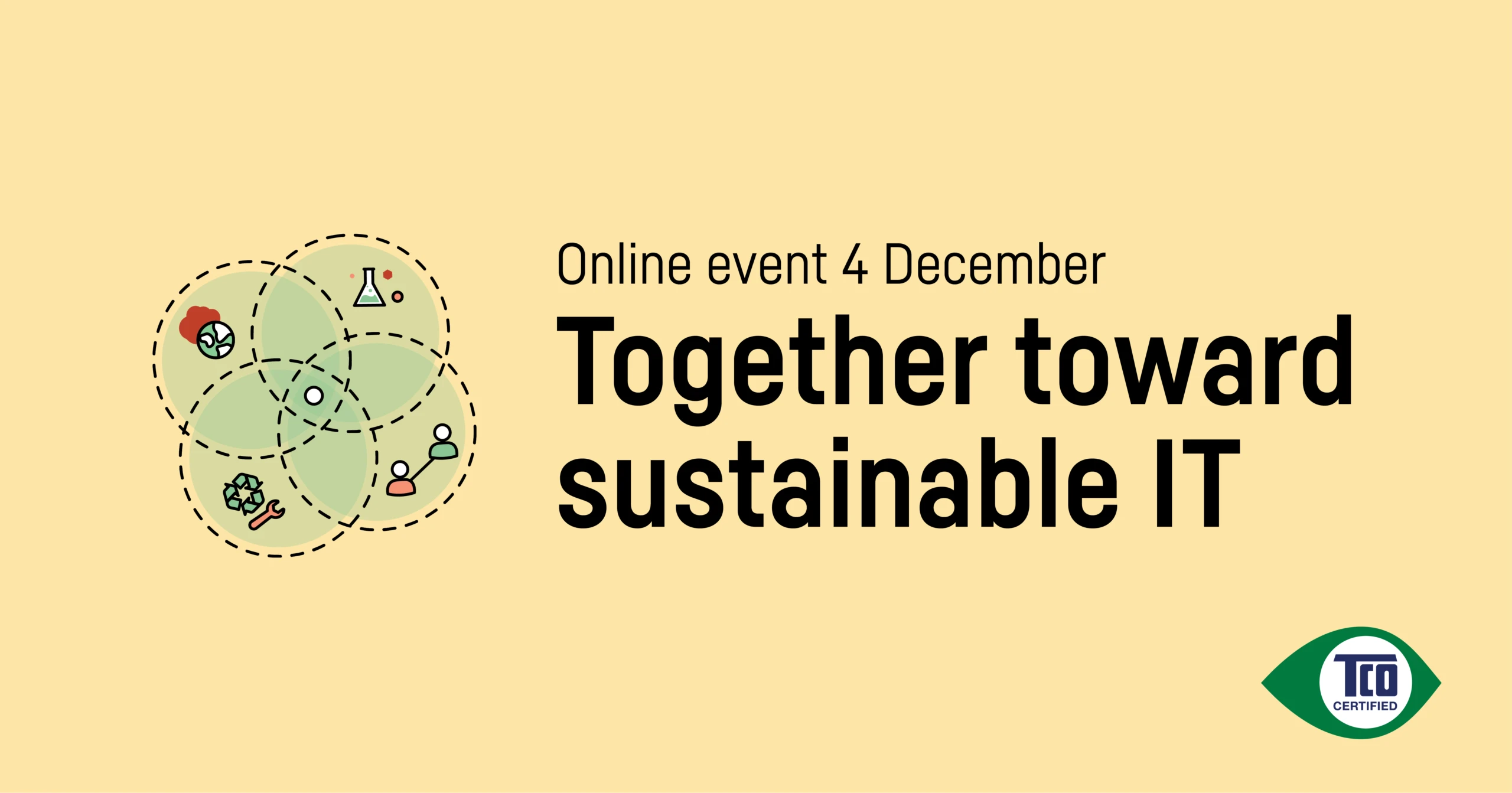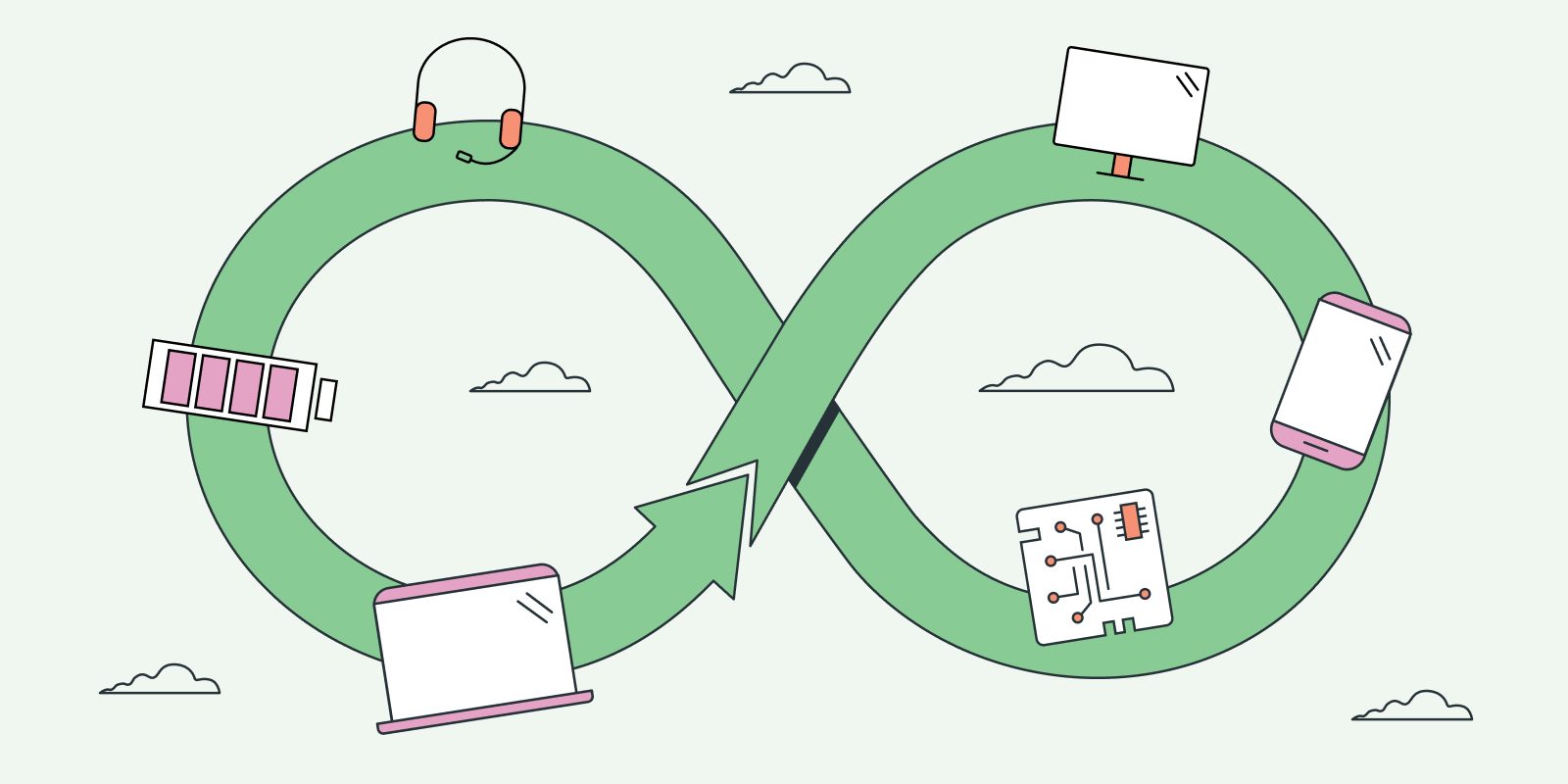E-waste tops the sustainability agenda and is one of the recurring talking points when addressing the circular economy. We recently hosted an online seminar on e-waste and invited a group of experts to talk about the issue. To follow-up on the questions received, we decided to let the experts answer your questions in this blog series.
Pascal Leroy, Director General at WEEE Forum, answers questions asked during our webinar How to reverse the growing negative trend of e-waste.
Is it possible to recycle raw minerals and put them into new products?
Yes, that’s the very definition of ‘recycling’. On a more sophisticated level, a distinction is sometimes made between ‘closed loop’ recycling and ‘open loop’ recycling, referring to whether or not the waste of one product is used in making the same type of products.
When will recycled metals be cheaper than new and which materials have the highest financial value to recycle?
That depends a great deal on the value of those raw materials on the metal exchange. Commodity prices for many raw materials are currently down, which is a disincentive for recycling. Gold is an exception. One reason why virgin materials are cheaper than recycled materials can be associated with the failure to account for externalities, i.e. impact on the environment.
How is sensitive data handled in the recycling process? Is there anything users should do before handing e-waste into a recycling facility?
Responsible recyclers in Europe take appropriate measures to avoid misuse of private or proprietary data. International standards regulate this activity.
More e-waste is generated than we take care of. What is the reason for this gap? What can be done?
Of the total amount of e-waste generated in Europe every year, only one third is collected by formal systems, i.e. by parties that report their activities and work in compliance with standards. Two thirds of e-waste is unaccounted for formally because it is collected by parties that do not report those volumes and have the e-waste treated in substandard conditions, or by individuals who export e-waste illegally to developing countries. The reason why this happens is that money can be made by selling (components of) e-waste if not properly treated and depolluted.
What is the main problem with e-waste?
The main problem with e-waste is that many products at end-of-life have a residual value but also a cost associated with responsible depollution. This attracts individuals who make money selling those items without depolluting them and therefore polluting the environment and creating a hazard for workers.
How do you suggest this problem is tackled?
International standards have been created that regulate depollution and responsible recycling. Authorities must enforce those regulations.
What is your final message on what should be done to reverse the negative growing trend of e-waste?
International standards have been created that regulate depollution and responsible collection, handling, repair and recycling. Authorities must enforce those regulations. Authorities must also lay down measures that force all parties to contribute to responsible recycling and reporting.
More answers from our panelists
Pascal Leroy on the importance of enforcing regulations for e-waste
Sofia Nygård wants IT buyers to keep it simple and be brave
Joost de Kluijver calls for circular solutions for e-waste
Andreas Rehn talks about circular actions to reduce e-waste




